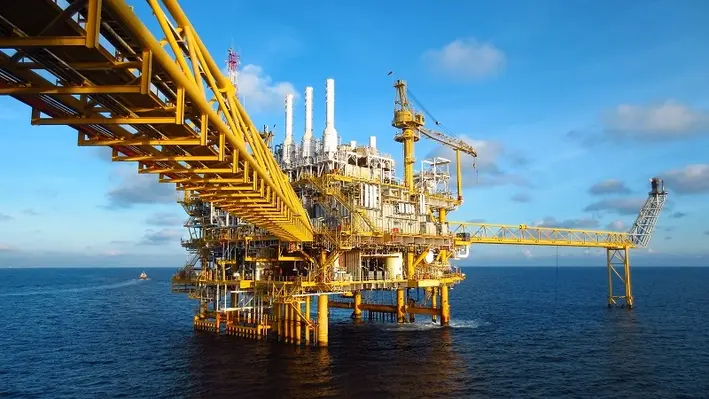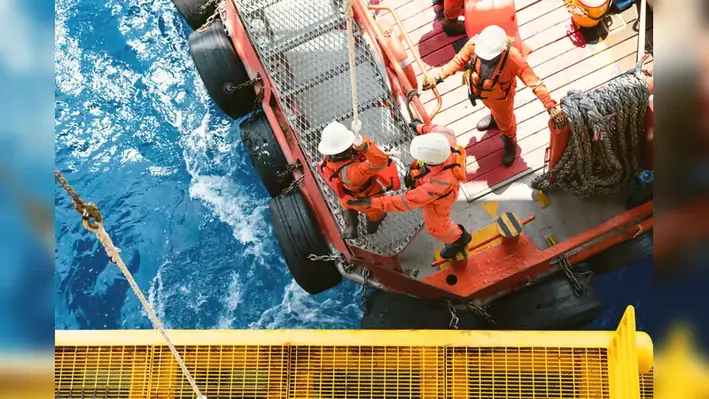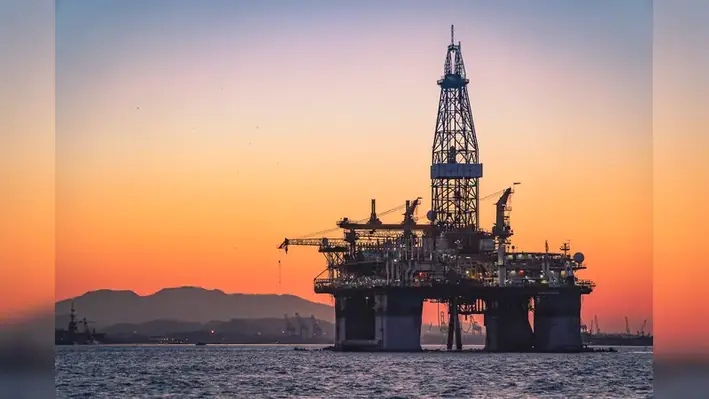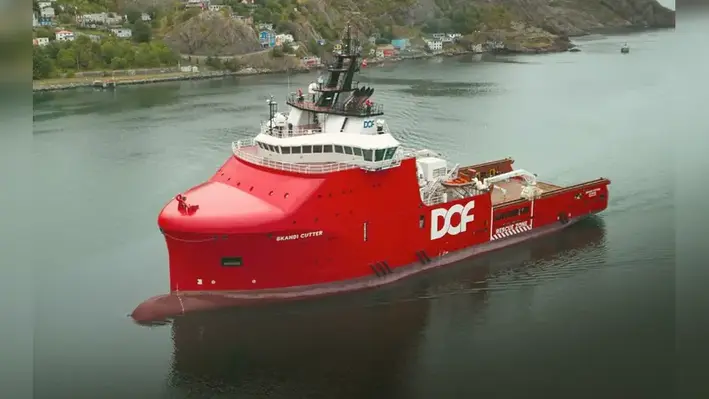 The offshore decommissioning market is forecast to grow from US$9.56bn in 2024 to US$15.4bn by 2032, at a CAGR of around 6.1% during this period, according to a new report from Wise Guy Reports
The offshore decommissioning market is forecast to grow from US$9.56bn in 2024 to US$15.4bn by 2032, at a CAGR of around 6.1% during this period, according to a new report from Wise Guy Reports
The offshore decommissioning market is seeing strong activity as ageing offshore oil and gas infrastructure reaches the end of its operational lifecycle. Increasingly stringent regulatory requirements, safety concerns, economic considerations and ESG commitments are among the other factors driving the market.
Key players are increasingly collaborating with environmental and engineering firms to streamline operations and minimise environmental impact. The market is also moving from traditional heavy-lift methods to more efficient, automated, and cost-effective solutions.
Technological advancements are having a strong impact on the decommissioning sector, the report notes. Remotely Operated Vehicles (ROVs) are widely used to inspect and dismantle subsea structures, reducing the need for human involvement and enhancing safety. Advanced vessels equipped with heavy-lift cranes and modular lifting systems allow for safer and more efficient removal of topsides and jackets. Companies are leveraging digital twin technology to simulate the decommissioning process, allowing better planning and execution while minimising operational risks. There is a growing emphasis on recycling and reusing decommissioned materials. Technologies are being developed to treat and dispose of hazardous waste in environmentally friendly ways. New methods for sealing wells are emerging, including resin-based and thermite plug technologies, which enhance sealing reliability and reduce long-term environmental risks.
“The global offshore decommissioning market, once seen as a financial liability, is now evolving into a specialised and profitable sector, offering lucrative opportunities for engineering firms, service providers, and environmental consultancies,” the report comments.
The risks and challenges are also highlighted. These include the high costs of the decommissioning process, often deterring operators from initiating timely projects unless strictly mandated. Navigating different regulatory environments across countries and regions adds complexity and uncertainty to project planning and execution. There is a shortage of specialised vessels, equipment, and skilled professionals capable of executing complex offshore decommissioning tasks. If not executed properly, decommissioning activities can cause environmental damage, including oil spills, disturbance to marine ecosystems, and improper disposal of waste.
“One of the key trends anticipated is the emergence of decommissioning hubs—strategic locations equipped with recycling and waste management facilities that serve as central points for multiple projects,” the report says. “Another trend is the rise of collaborative decommissioning models, where operators with adjacent platforms work together to share infrastructure, vessels, and project timelines to reduce costs.”




